1. Legal Basis
Pursuant to Article 5 of Decree No. 111/2011/ND-CP on consular certification and consular legalization, the competent authorities authorized to receive and handle consular legalization procedures include:
– The Ministry of Foreign Affairs (MOFA), which has the authority to carry out consular certification and legalization in Vietnam. The MOFA may delegate its authority to provincial-level Departments of External Relations in centrally-run cities and provinces to receive applications for consular certification and legalization.
– Diplomatic missions, consular posts, or other authorized entities performing consular functions of Vietnam abroad (Vietnamese Missions) are vested with the authority to conduct consular certification and legalization outside of Vietnam.
Accordingly, depending on whether the procedure is conducted in Vietnam or overseas, applicants must contact the respective competent authority.
2. Competent Authorities in Vietnam
At present, two authorities in Vietnam are competent to receive and process consular legalization applications:
- Consular Department – Ministry of Foreign Affairs
– Address: 40 Tran Phu Street, Ba Dinh District, Hanoi.
– Working hours: Monday to Friday and Saturday morning (except public holidays and Tet).
– Responsible for applications from individuals and organizations in the northern region.
- Ho Chi Minh City Department of External Relations
– Address: 184 bis Pasteur Street, District 1, Ho Chi Minh City.
– Working hours: Weekdays and Saturday morning (except Sundays and public holidays).
– Responsible for applications from individuals and organizations in the southern region.
Additionally, local Departments of External Relations authorized by the MOFA may also accept applications for consular certification and legalization. The list of authorized local agencies, along with their addresses and working hours, can be found on the official Consular Affairs Portal of the MOFA: lanhsuvietnam.gov.vn.
3.Competent Authorities Abroad
The competent authorities for consular certification and legalization outside of Vietnam include Vietnamese diplomatic missions, consular posts, or other authorized entities performing consular functions. Specifically:
- Vietnamese Embassies abroad
- Vietnamese Consulates-General
- Vietnamese Consulates
4. Specific Examples in Certain Countries
a. United States
Documents issued in the U.S. may be legalized either in the U.S. or in Vietnam for use in Vietnam.
- Embassy of Vietnam in the U.S.: 1233 20th Street, NW, Suite 400, Washington, DC 20036.
- Consulate General of Vietnam in San Francisco: 1700 California St, Suite 580, San Francisco, CA 94109.
b. China
For Chinese documents to be used in Vietnam, consular certification is performed by:
The Department of Consular Affairs, Ministry of Foreign Affairs of China, or The Ministry of Foreign Affairs in Hong Kong and Macao, or Local Foreign Affairs Offices authorized to certify documents.
- The Ministry of Foreign Affairs of China, Address: 7th Floor, South Building of the Ministry of Foreign Affairs, No. 2 Chaoyangmen Nan Dajie, Chaoyang District, Beijing.
Consular legalization for China is completed at:
Embassy of Vietnam in China, Address: No. 32 Guanghua Road, Chaoyang District, Beijing.
c. Germany
Under the regulations of Vietnam and Germany:
– Consular legalization of documents issued in Germany for use in Vietnam must be completed entirely in Germany.
– Consular legalization of documents issued in Vietnam for use in Germany must be completed entirely in Vietnam.
For documents issued in Germany:
– Documents issued by federal authorities or federal courts: The competent authority is the Federal Office of Administration (Bundesverwaltungsamt) in Cologne.
– Documents issued by the Federal Patent Court or the German Patent and Trademark Office: The competent authority is the President of the German Patent and Trademark Office.
– Documents issued by state (Länder) authorities: Competence varies by state; applicants should consult the issuing authority for guidance.
Following certification by German authorities, applicants must obtain consular legalization at:
- Consular Section, Embassy of Vietnam in Berlin: Elsenstraße 3, 12435 Berlin-Treptow.
- Consular Section, Consulate General of Vietnam in Frankfurt: Kennedyallee 49, 60569 Frankfurt am Main.
d. Republic of Korea (South Korea)
Steps for consular legalization of Korean documents for use in Vietnam:
1. For documents issued in Korea: Notarization of signatures/translation notarization at a Korean notary public office.
2. Consular certification at the Ministry of Foreign Affairs of Korea.
3. Consular legalization at the Embassy of Vietnam in Korea.
After completion of these steps, the documents are legally valid and may be submitted to competent authorities in Vietnam.
5. Conclusion
Consular legalization procedures always involve two groups of authorities:
- In Vietnam: The Consular Department (MOFA) and the Ho Chi Minh City Department of External Relations.
- Abroad: The competent certifying authority of the host country and the diplomatic/consular mission of Vietnam.
Foreign individuals participating in real estate transactions in Vietnam, such as purchasing high-end apartments, must strictly comply with this procedure to ensure their documents are legally recognized, thereby avoiding rejection by notarial offices or land registration authorities.
Thank you!
办理领事合法化手续需要涉及哪些机关?
1. 法律依据
根据《第111/2011/ND-CP号法令》第5条关于领事认证和领事合法化的规定,有权受理和办理领事合法化手续的机关包括:
- 越南外交部:在国内有权办理领事认证和领事合法化。外交部可授权中央直辖市、省级对外事务机构受理领事认证、领事合法化申请。
- 越南驻外外交代表机构、领事机构或其他被授权执行领事职能的机关(以下统称“驻外机构”):有权在国外办理领事认证和领事合法化。
因此,根据办理地点在越南境内还是境外,当事人需联系相应的主管机关。
2. 在越南境内的主管机关
目前,在越南境内有两个主管机关有权受理并办理领事合法化手续:
- 外交部领事局
– 地址:河内市巴亭郡长富街40号。
– 受理与发证时间:周一至周五及周六上午(法定节假日除外)。
– 管辖范围:来自越南北部地区的个人与组织。
- 胡志明市对外事务局
– 地址:胡志明市第一郡巴斯德街184 bis号。
– 受理与发证时间:工作日及周六上午(周日及法定节假日除外)。
– 管辖范围:来自越南南部地区的个人与组织。
此外,经外交部授权的地方对外事务机关也可受理领事认证与领事合法化申请(具体机关名称、地址及办公时间可参见外交部领事事务门户网站:lanhsuvietnam.gov.vn )。
3. 在境外的主管机关
在国外,有权办理领事认证与领事合法化的机关包括:
- 越南驻外使馆
- 越南驻外总领事馆
- 越南驻外领事馆
4. 各国具体办理实例
a. 美国
在美国签发的文件可在美国或越南进行领事合法化以供在越南使用。
- 越南驻美国大使馆:1233 20th Street, NW, Suite 400, Washington, DC 20036。
- 越南驻旧金山总领事馆:1700 California St, Suite 580, San Francisco, CA 94109。
b. 中国
在中国签发的文件需经以下机关认证以供在越南使用:
中华人民共和国外交部领事司,或 外交部驻香港、澳门特派员公署,或 被授权的地方外事办公室。
- 外交部地址:北京市朝阳区朝阳门南大街2号外交部南楼7层。
文件经中国有关机关认证后,还需在以下机关办理合法化:
- 越南驻中国大使馆:北京市朝阳区光华路32号。
c. 德国
根据越南与德国两国的规定:
– 在德国签发、用于越南的文件,其领事合法化手续须全部在德国完成。
– 在越南签发、用于德国的文件,其领事合法化手续须全部在越南完成。
对于德国文件:
- 联邦机关或联邦法院出具的文件:主管机关为位于科隆的德国联邦行政局(Bundesverwaltungsamt)。
- 德国联邦专利法院或德国专利与商标局出具的文件:主管机关为德国专利与商标局局长。
- 各州(Länder)机关出具的文件:各州的主管机关规定不一,应由签发机关告知具体主管机关。
之后,需在以下机关办理越南方面的领事合法化:
- 越南驻德国大使馆领事处:Elsenstraße 3, 12435 Berlin-Treptow。
- 越南驻法兰克福总领事馆领事处:Kennedyallee 49, 60569 Frankfurt am Main。
d. 韩国
在韩国签发的文件用于越南的办理流程如下:
- 文件先在韩国公证处进行签字公证/译文公证。
- 向韩国外交部申请领事认证。
- 向越南驻韩国大使馆申请领事合法化。
文件经上述步骤处理后,即具备法律效力,可在越南主管机关使用。
5. 结论
领事合法化手续始终涉及两类机关:
- 在越南境内:外交部领事局、胡志明市对外事务局。
- 在境外:文件签发国的主管认证机关及越南驻外外交、领事机构。
外国人在越南进行高端公寓买卖等房地产交易时,必须严格遵循上述流程,以确保文件获得合法承认,避免因手续不完整而被公证处或不动产登记机关拒绝受理。
谢谢您 !
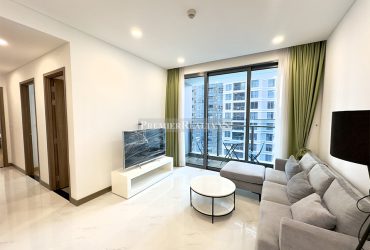
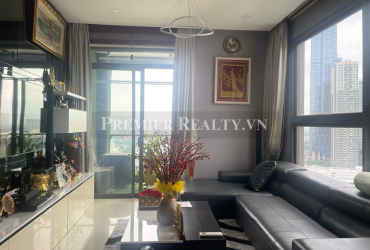
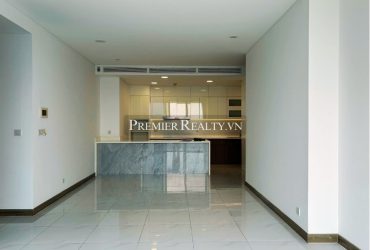

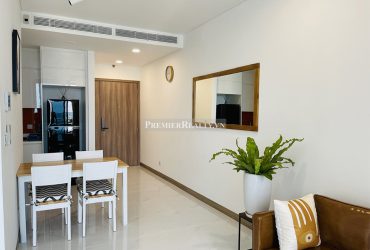
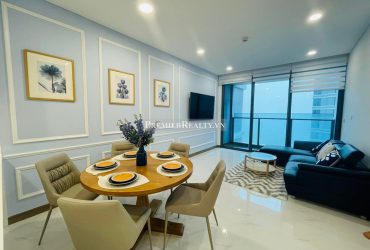

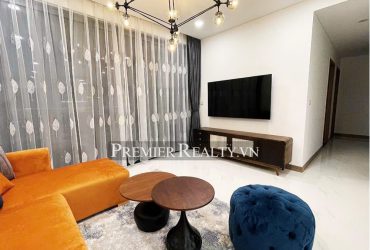



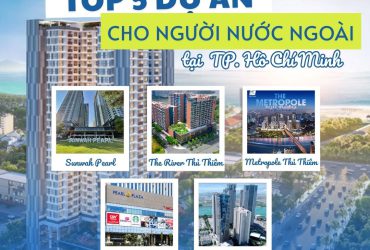
 Website belongs to
Website belongs to